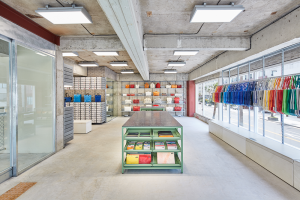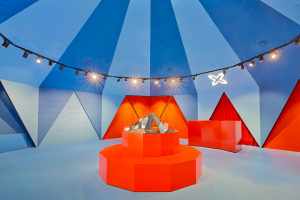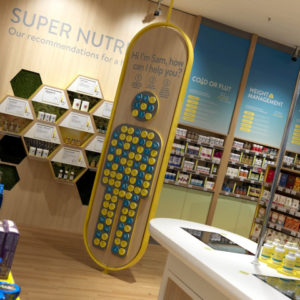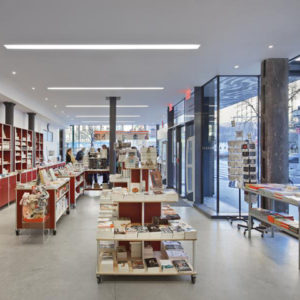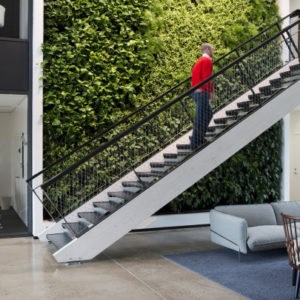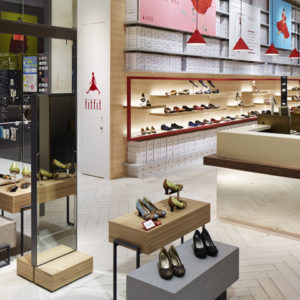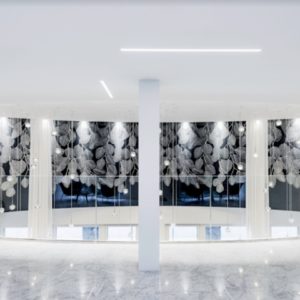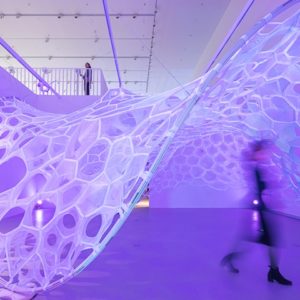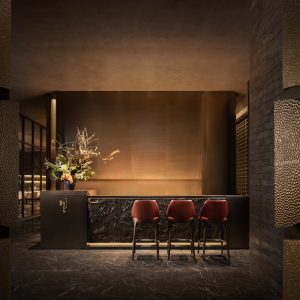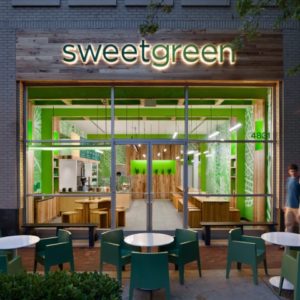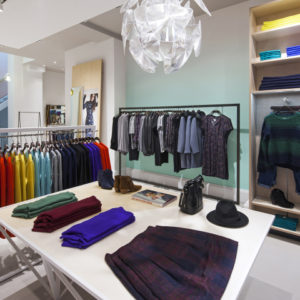
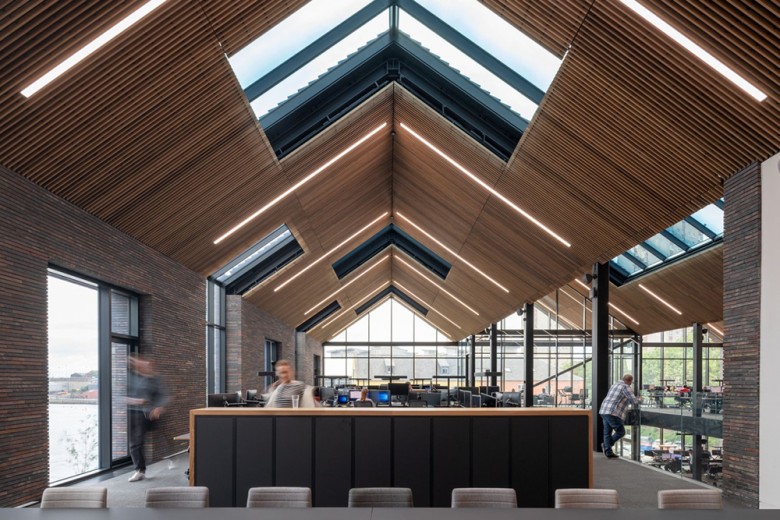
Ryder Architecture and Ward Robinson have collaborated to design the offices for online gaming company, Tombola, located in Sunderland, England. UK-based Tombola established in Sunderland in 2006, is Europe’s largest online gaming company. All of their games are designed and developed by staff at their new headquarters building, on the banks of the River Wear. The company strives to take a responsible approach by putting players first and engages with their customer community to ensure the players are in control and receive great value for money.
The development was a key part of Tombola’s five year strategy to double both turnover and their workforce by 2020, investing in Sunderland to attract and retain talented people.
The previous headquarters, an adjacent Grade II listed warehouse building which is part of the Tombola campus, is cellular in layout. This had resulted in a real drive for an open workplace for the new head office, with space to hold events.
The Tombola team also spent time visiting headquarters developments around the world, including Silicon Valley, to inform their vision. They were keen that the building and interior should reflect their business ethos and be totally unique to them, providing a flexible and high quality environment which also contributed to staff wellbeing.
International design practice Ryder and interior design practice Ward Robinson are part of the Ryder Alliance, a group of eight like-minded companies around the world, and regularly work together.
Ronnie Graham, partner at Ryder, and his team were supported by Ward Robinson acting as interior design consultant. Ward Robinson consultant Simon Grundy had regular meetings with the client and the architect over 12 months to refine the brief and initial designs to align all aspects of the interior with the building design, creating a unified concept.
Ryder designed an open and light-filled interior across three storeys around an atrium, which has an impressive oak Hellerup stair where staff can meet next to the ground floor social hub with café/restaurant.
Features which promote collaboration include a meeting area with a large kitchen farmhouse style table and presentation screens on each floor, as well as presentation suites.
The restrained colour and finishes palette – matte black, white oak, brick, polished concrete, steel, glass – emphasises the building structure and references its location on a historic riverside industrial site.
Ward Robinson’s workplace expertise added an additional layer of knowledge in spatial concept and the furniture market to help deliver the cohesive finished piece.
To develop a solution in line with the client and architect’s vision, Ward Robinson worked on bespoke finishes with a range of suppliers to ensure the correct level of precision and coherence with the whole building palette.
With such a high investment in quality throughout the project the finishes and furniture will stand the test of time. Wherever possible furniture has been specified which contains recycled material and which is in turn mostly recyclable, with upholstery fabrics certified to meet indoor air quality standards. Suppliers such as Arper and Orangebox were chosen specifically for their green credentials.
Design: Ryder Architecture and Ward Robinson
Photography: James Newton
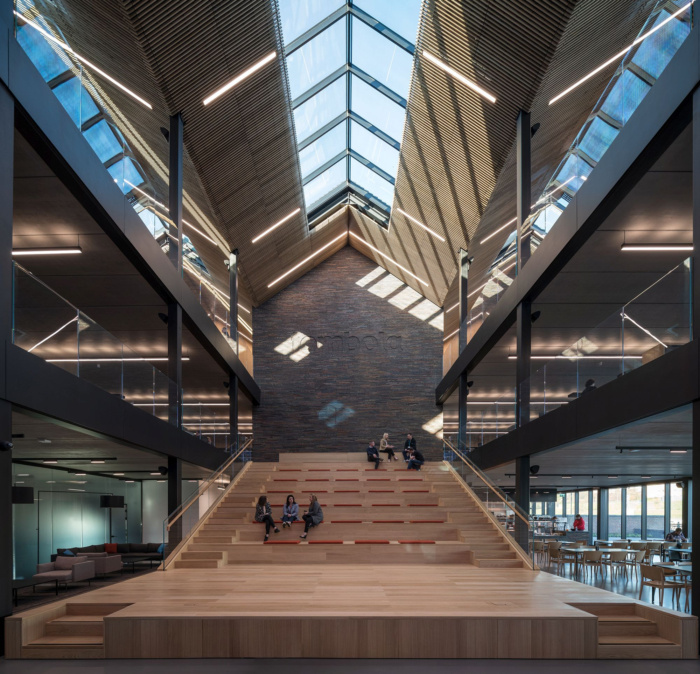
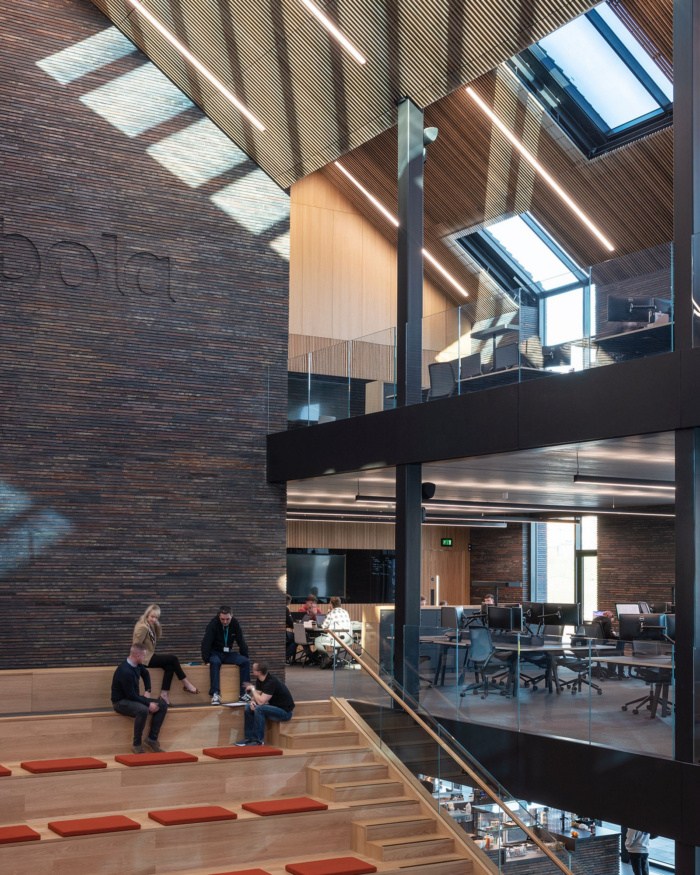
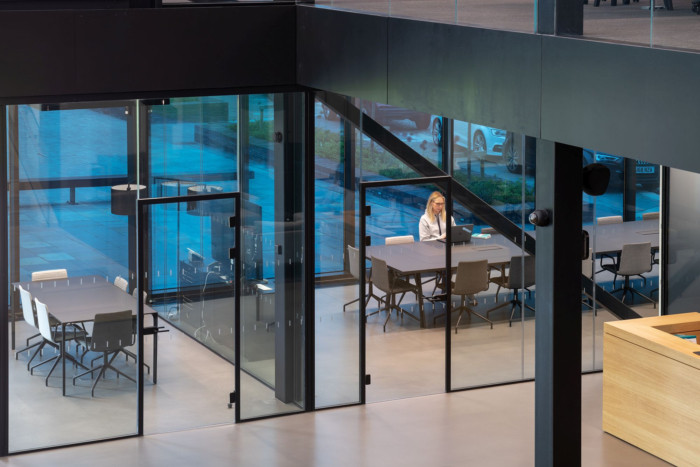
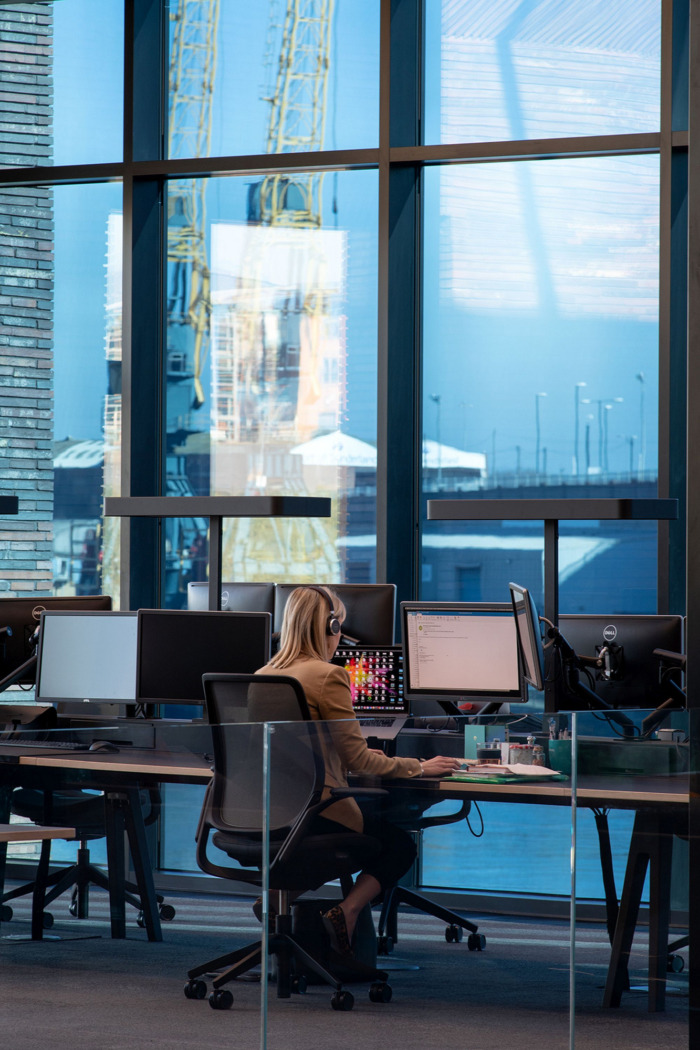
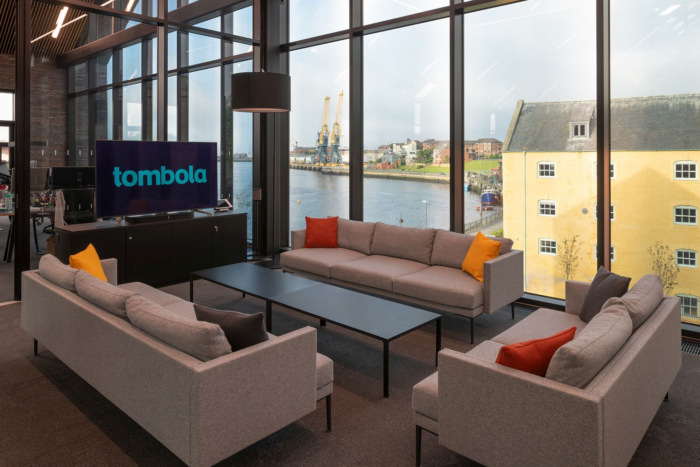
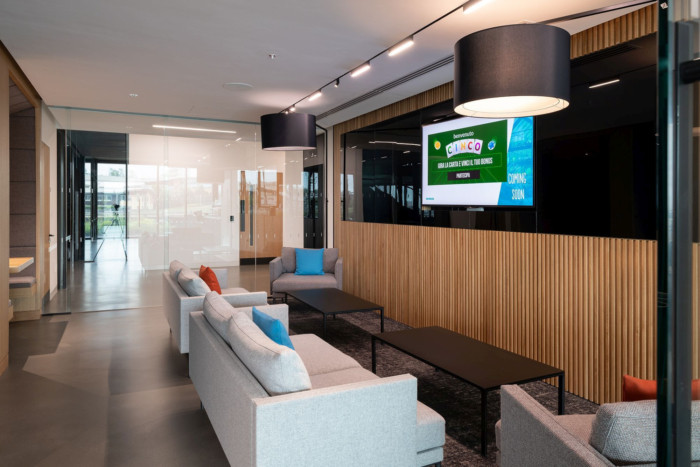
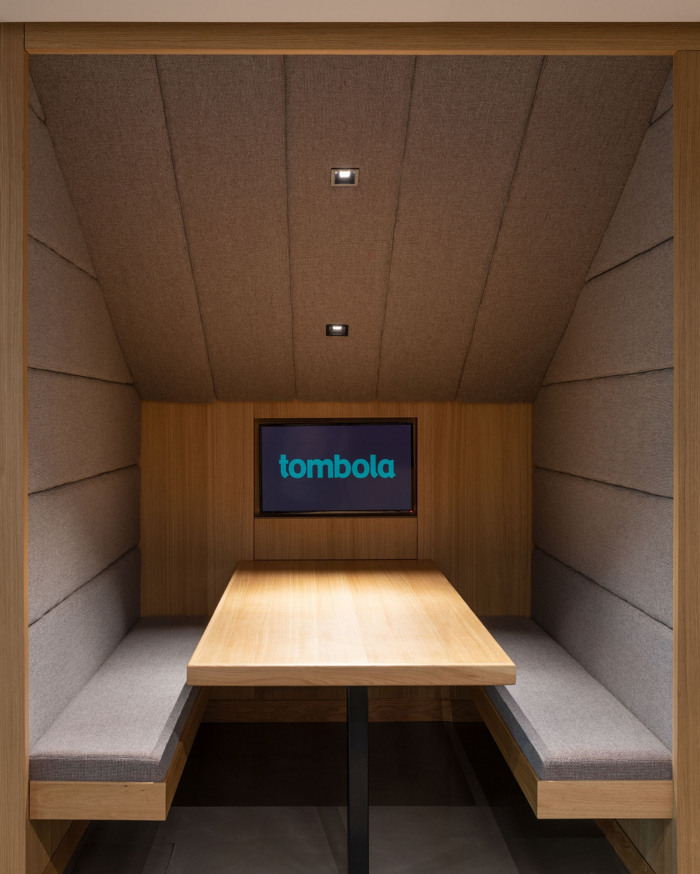
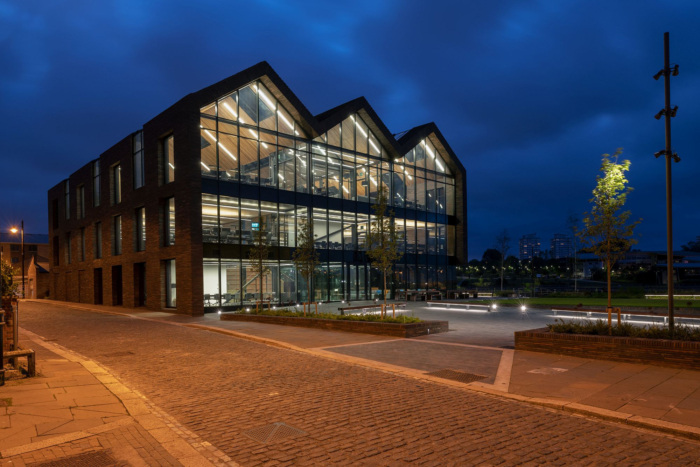
Add to collection
